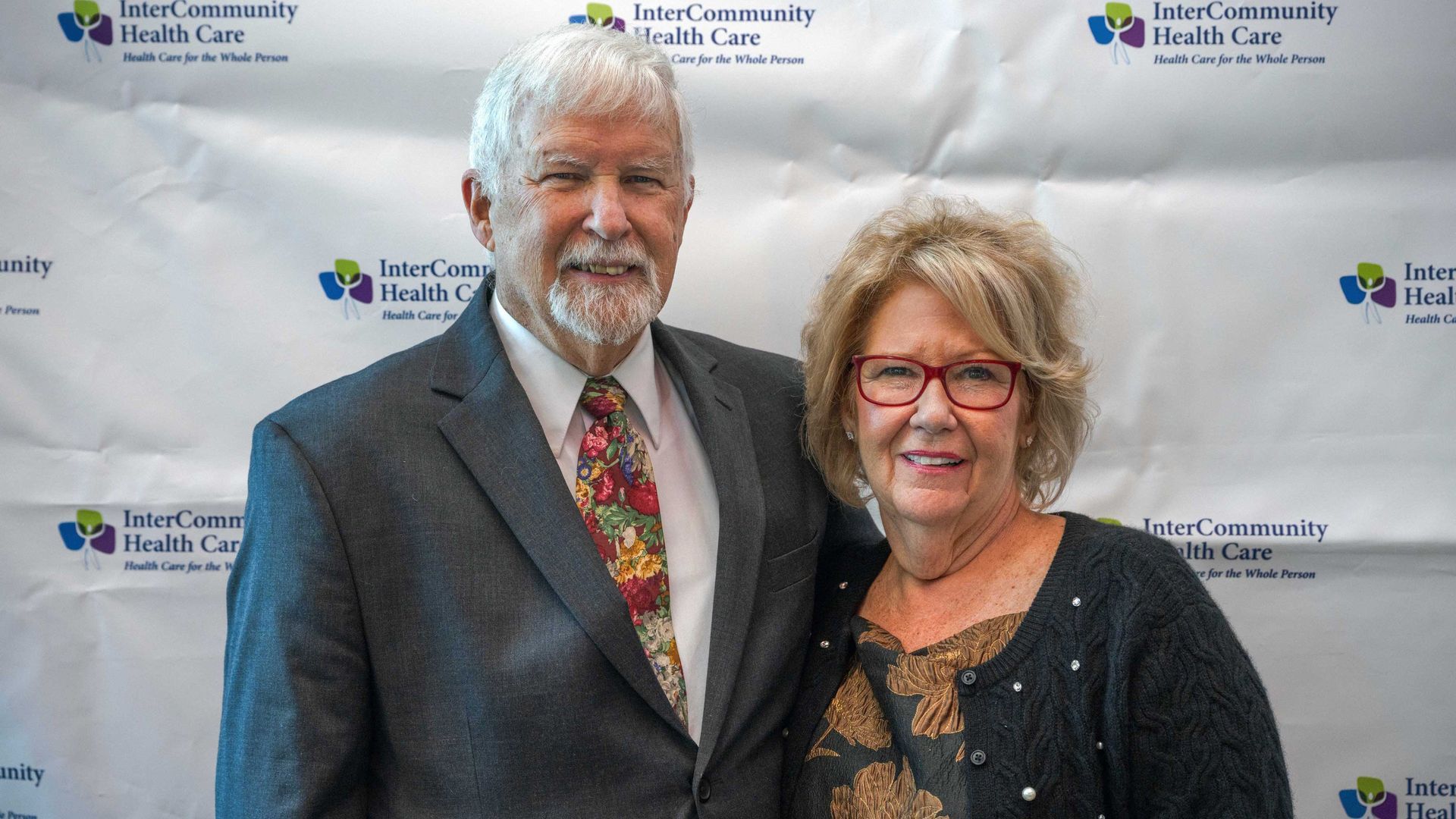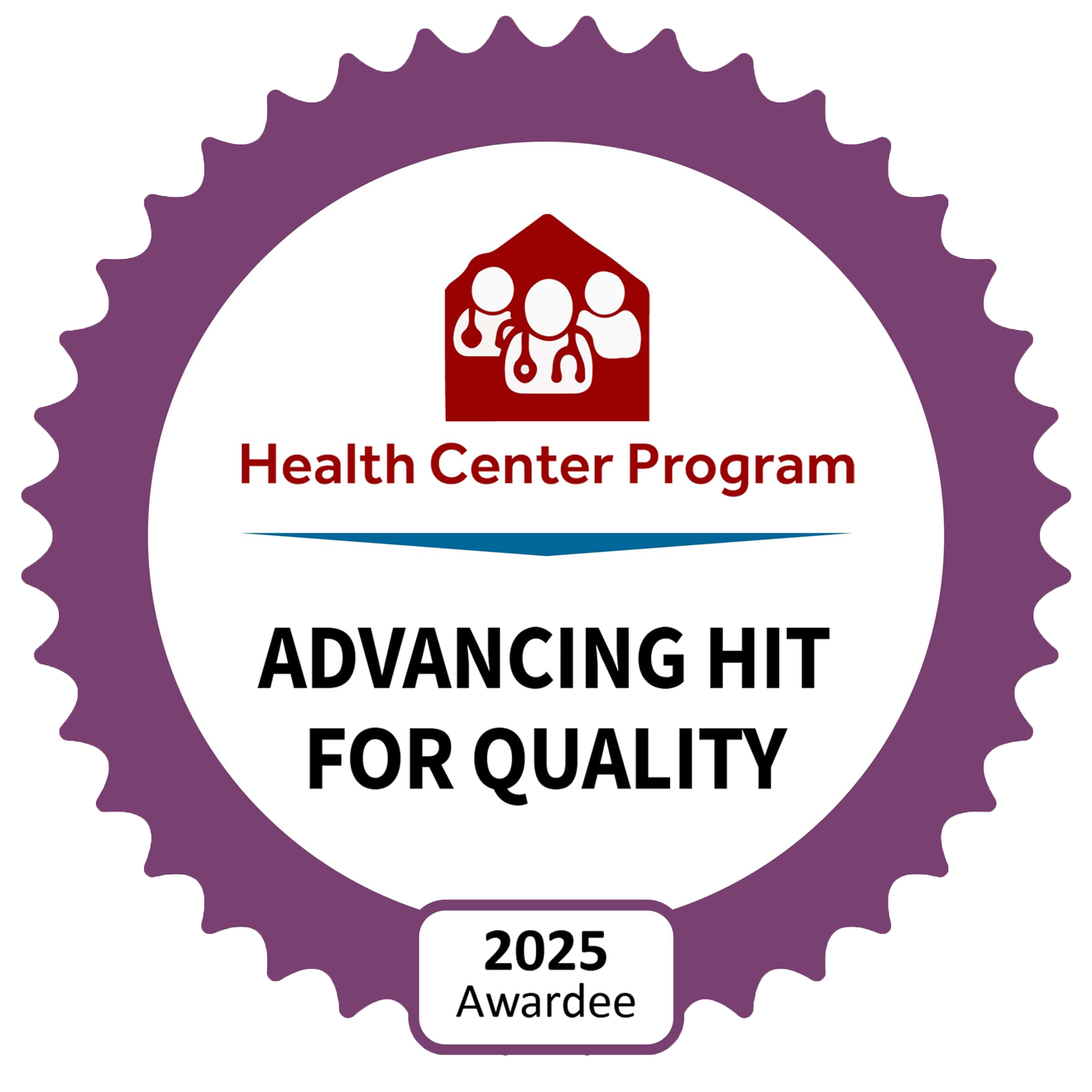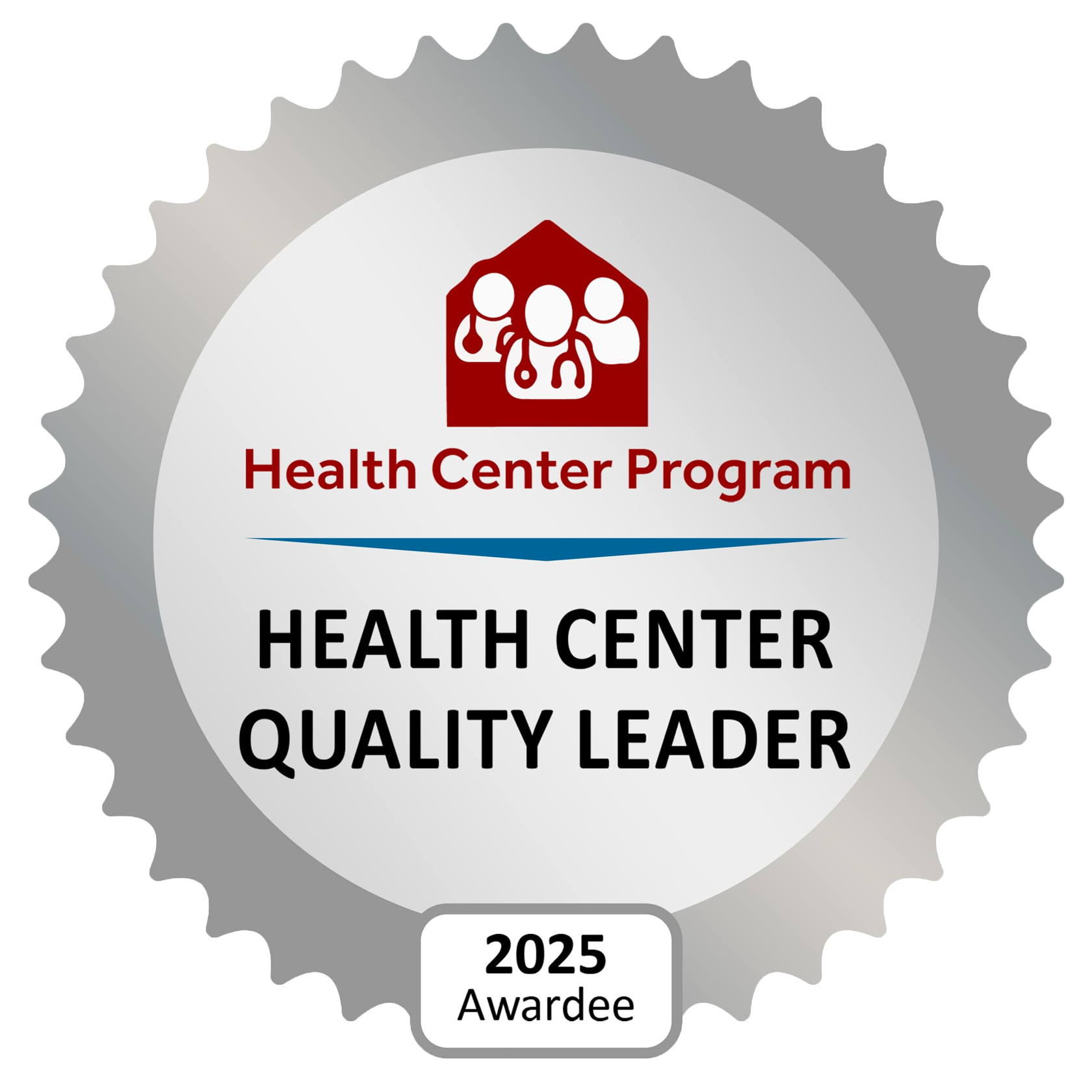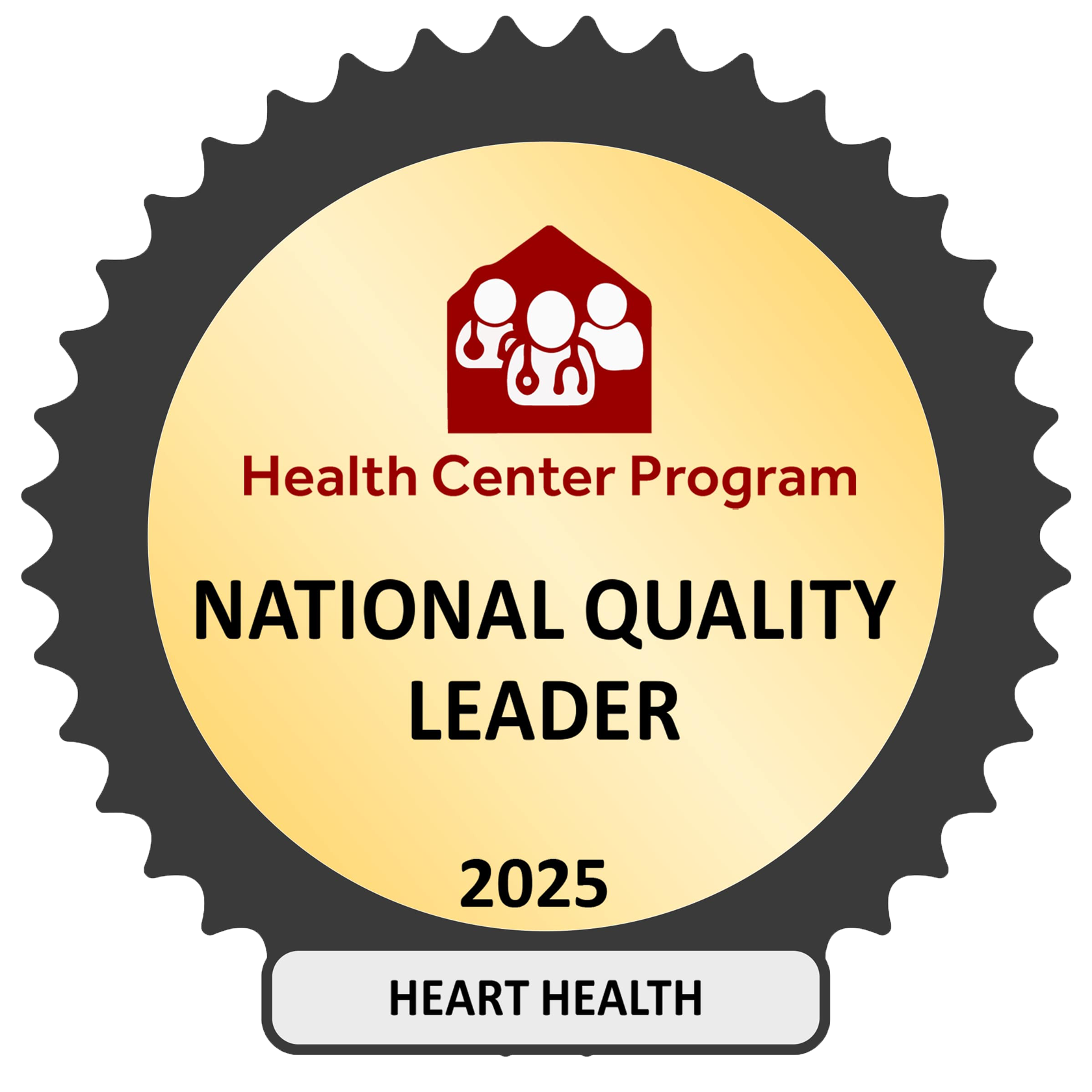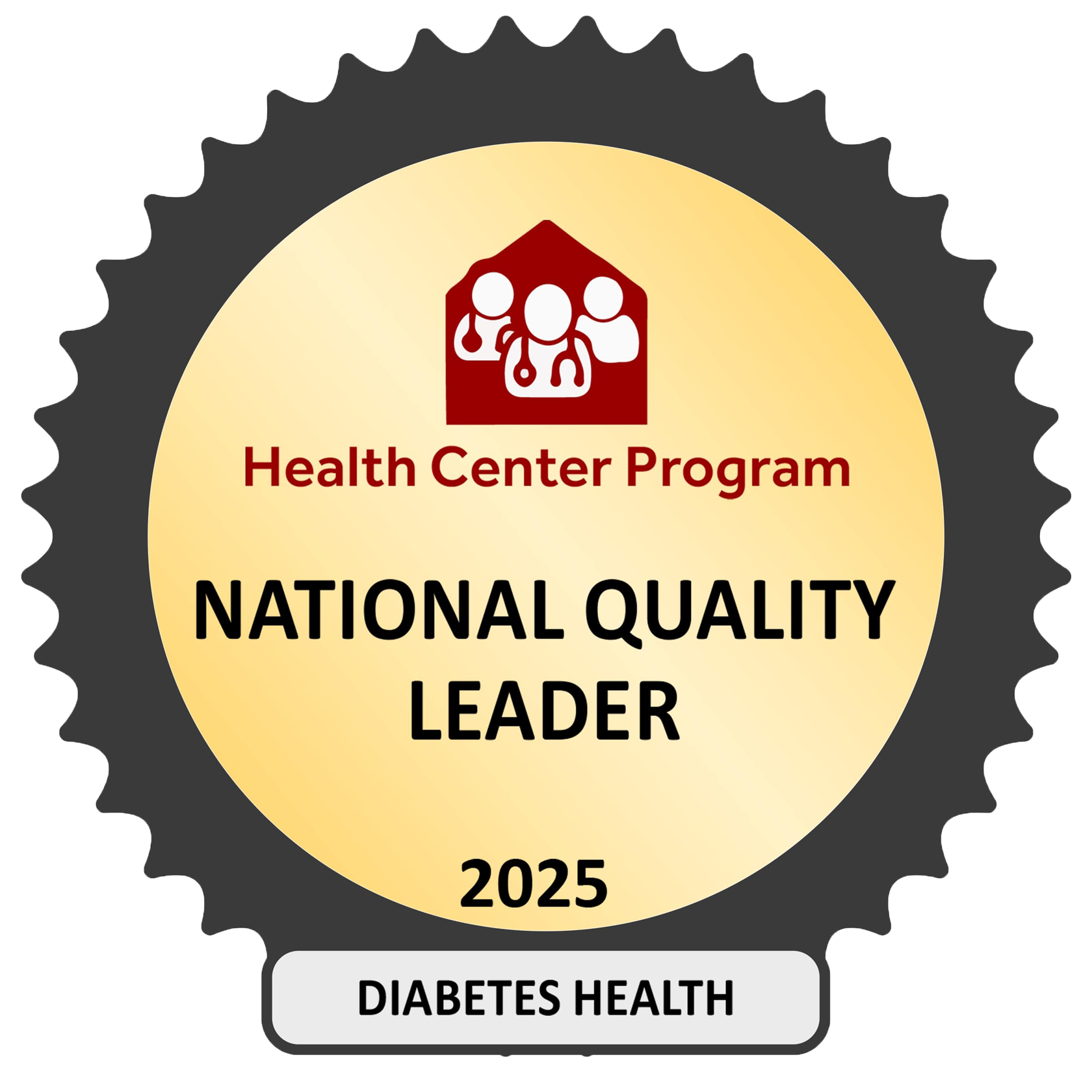Fighting Hepatitis One Patient at a Time
July 28 marks World Hepatitis Day, a time to shed light on a silent but serious group of diseases that affect millions of people across the country—including right here in Greater Hartford. Hepatitis A, B, and C are all viral infections that attack the liver, often with few symptoms in the early stages. Without diagnosis and treatment, they can lead to long-term complications, including liver failure and cancer.
Among them, Hepatitis C (HCV) is the most common and dangerous. According to the U.S. Centers for Disease Control and Prevention (CDC), estimated new HCV infections in the U.S. rose to 67,400 in 2023, a sharp increase from 44,700 in 2017. These numbers are more than double the CDC’s target goal of 35,000 by 2025.
While the rate of Hepatitis C-related deaths has dropped to 2.89 per 100,000, down from 4.13 in 2017, the fight is far from over. The CDC’s goal is to reduce the mortality rate below 3.00 by 2025—and communities like ours must remain at the forefront of that effort.
InterCommunity Health Care is doing exactly that.
“At InterCommunity, we work daily to eliminate Hepatitis C as a public health threat for the Hartford area. By training every primary care provider to screen, diagnose, and treat Hepatitis C during their orientation, we are removing barriers and restoring hope to patients by treating right from the patient’s medical home,” said Dr. Chad McDonald, Chief Medical Officer at InterCommunity. “We are bringing care to where our patients feel safest and most supported.”
In addition to Hepatitis C, InterCommunity also provides testing, vaccines, and care coordination for Hepatitis A and B. Hepatitis A is typically spread through contaminated food or water, while Hepatitis B is often transmitted through blood, sexual contact, or from mother to child during pregnancy or childbirth. Both can be prevented through vaccination—something InterCommunity offers as part of our comprehensive care.
We know that early detection saves lives. That’s why we encourage our patients to ask about hepatitis testing, especially if they have a history of injection drug use, were born between 1945 and 1965, or have certain chronic health conditions.
Eliminating hepatitis in our region is not just a public health goal—it’s a matter of dignity and access. At InterCommunity, we are proud to lead this work with compassion and urgency, one patient at a time.


